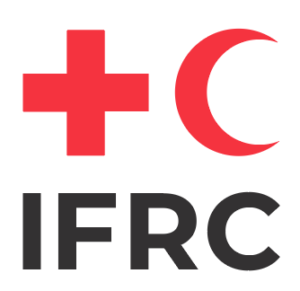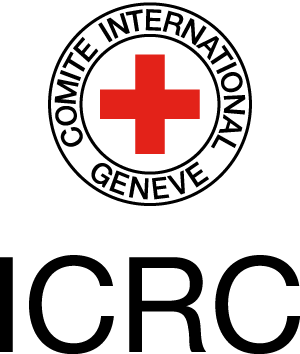Blockchain et registre distribué
La blockchain (ou chaîne de blocs) et la catégorie plus large des registres distribués sont potentiellement un moyen d’échange d’informations plus transparent, redevable, efficace et sûr.
Leurs défenseurs suggèrent que les registres distribués peuvent résoudre les problèmes récurents des organismes à but non lucratif et Organisations Non Gouvernemantales (ONG), comme la transparence, l’efficacité, l’échelle et la durabilité (Accenture, 2017).
Les ressources de cette section se réfèrent spécifiquement à ce domaine d’innovation et de recherche au sein du Mouvement International de la Croix-Rouge et du Croissant-Rouge et du secteur humanitaire au sens plus large.
En mai 2018, la Fédération Internationale des sociétés de la Croix-Rouge et du Croissant-Rouge (FICR), en collaboration avec la Croix-Rouge kenyane, a mené un projet pilote de paiement Open Loop avec blockchain dans le comté d’Isiolo, au Kenya, assistant plus de 2000 ménages touchés par la sécheresse. L’objectif était d’explorer les bienfaits et les risques de la technologie par blockchain pour les transferts monétaires dans l’humanitaire.
Résultats de recherche
1 mai 2016
Cash based programmes for shelter and NFI. Implications upon shelter cluster information management services.
Type:
RechercheOrganisation:
Global Shelter ClusterBased on the need to analyse approaches to information management following the increase of cash based assistance to address shelter and non-food-item (NFI) needs, this document reviews approaches taken by country-level Shelter Coordination Teams (SCTs) for the reporting of cash based activities.
16 mai 2016
From preparedness to rapid emergency cash transfer programming: Lessons learned from Kenya Red Cross Society flood response
Type:
Étude de casOrganisation:
IFRCCase study on an unconditional cash programme for basic needs using mobile money in response to flooding in Kenya.
20 mai 2016
Cash Transfer Programme: Transforming humanitarian agenda
Type:
VidéoOrganisation:
IFRCThis video offers an overview of cash assistance, which supports people affected by humanitarian crisis with dignity, and shifts power back to the people.
30 mai 2016
Lebanon: Mahmoud's family finally has a place to call home
Type:
ArticleOrganisation:
ICRCA cash for work programme in Beddawe, Lebanon, renovates apartments where refugee families are living. The Ahmad family is the first of many refugee families to benefit; with the new apartment and the cash he’s saving, Mahmoud hopes he can improve his children’s future.
14 juin 2016
Sri Lanka: People affected by the past conflict regain economic stability
Type:
ArticleOrganisation:
ICRCKavitha is a widow who lost her husband to the conflict. She opened a small grocery store with her cash grant from ICRC, and is now able to cover her daily household expenses and save for her children’s future.
10 août 2016
Cash in emergencies – Zimbabwe
Type:
VidéoOrganisation:
IFRCIn Zimbabwe, the IFRC and the Zimbabwe Red Cross are distributing unconditional cash grants to support vulnerable households dealing with food insecurity.
Page 9 of 143


